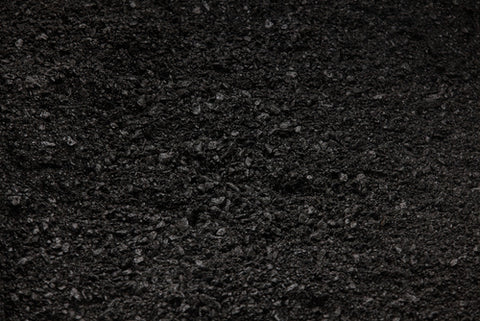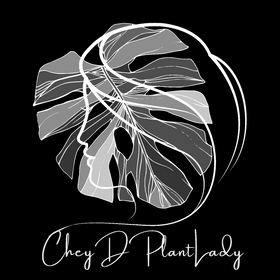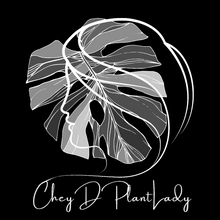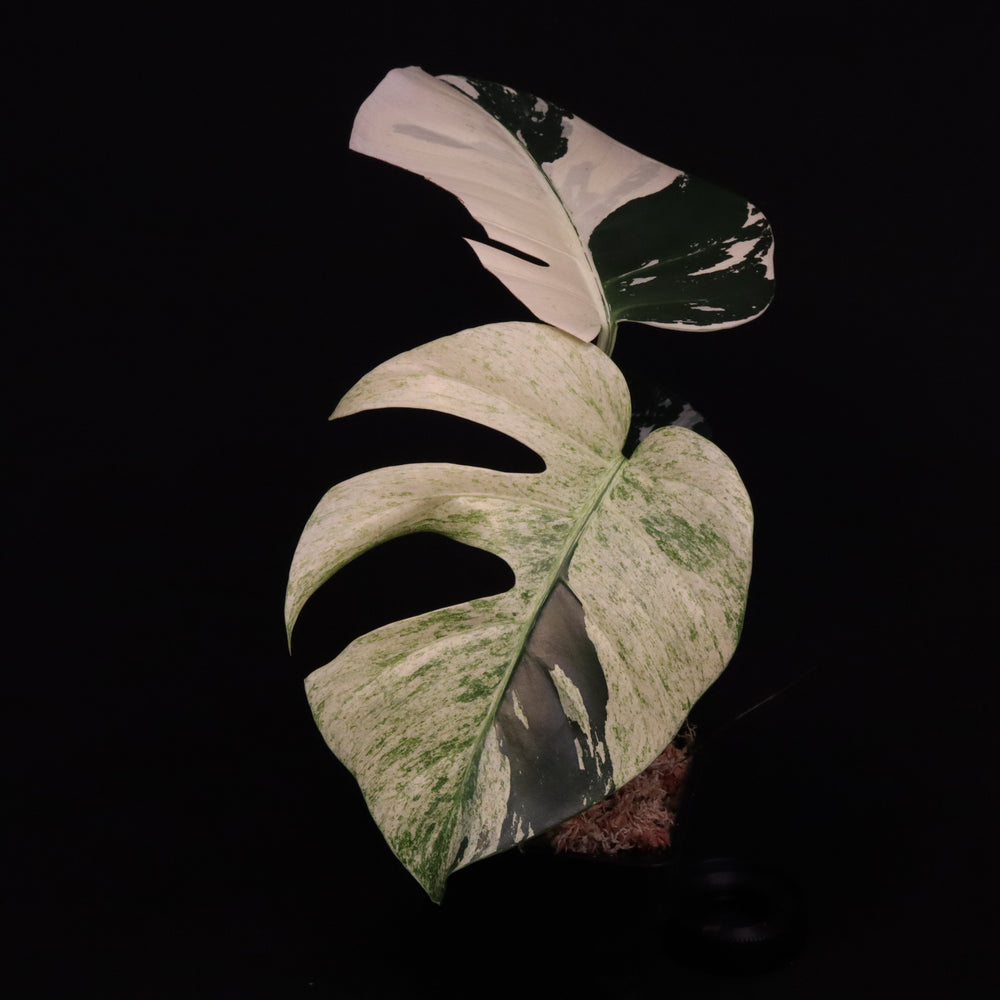Soils and Amendments
Amending Your Garden: A Look at Perlite, Pumice, Biochar, Coco Coir, and LECA
Creating a thriving garden requires more than just sunshine and water. Healthy plant growth depends heavily on the quality of your soil or substrate. Amending your potting mix with the right materials can significantly improve drainage, aeration, nutrient retention, and overall structure. This article explores five popular amendments: perlite, pumice, biochar, coco coir, and LECA, each offering unique benefits to your garden.
Perlite

Perlite:
- What it is: Perlite is a volcanic glass that's been heated to a high temperature, causing it to expand into lightweight, popcorn-like particles.
- Benefits: Perlite is a champion of drainage and aeration. Its light and airy structure allows excess water to drain freely, preventing root rot. Additionally, it promotes good air circulation within the soil, crucial for healthy root development.
- Drawbacks: Perlite is inert, meaning it doesn't add nutrients to the soil. It's also quite lightweight and can float away when watering.
- Uses: Perlite is a common ingredient in potting mixes, especially for plants that require excellent drainage, like cacti and succulents. It can also be mixed directly into garden beds to improve drainage in heavy clay soils.
Pumice

Pumice:
- What it is: Pumice is another volcanic rock with a highly porous structure. Unlike perlite, pumice is naturally occurring and hasn't been heat-treated.
- Benefits: Similar to perlite, pumice excels at drainage and aeration. Its lightweight nature allows for good root development and prevents soil compaction. Additionally, pumice holds some moisture, making it a better choice for plants that require slightly more water retention than those suited for perlite.
- Drawbacks: Pumice, like perlite, is inert and doesn't add nutrients to the soil. It can also be slightly more expensive than perlite.
- Uses: Pumice is a versatile amendment suitable for container mixes and garden beds. It's ideal for plants that need excellent drainage but also benefit from some moisture retention, like certain vegetables and herbs.
Leca

LECA (Lightweight Expanded Clay Aggregate):
- What it is: LECA is a type of baked clay pebble used as a growing medium in hydroponic systems and a soil amendment for container gardens.
- Benefits: LECA offers excellent drainage and aeration, similar to perlite and pumice. It's also reusable and long-lasting, making it a cost-effective option in the long run. LECA's inert nature makes it ideal for plants that prefer a sterile growing environment.
- Drawbacks: LECA doesn't provide any nutrients to the plants on its own, so nutritional supplementation is necessary.
- Uses: LECA is a popular choice for hydroponic setups and semi-hydroponic gardening. It can also be mixed into container mixes for plants that require excellent drainage, with the caveat that nutrient supplementation will likely be necessary.
Coconut Coir

Coco Coir:
- What it is: Coco coir is the fibrous byproduct of coconut husks. It's processed and compressed into various forms, including coir bricks and coir fiber.
- Benefits: Coco coir is a champion of moisture retention. It absorbs a significant amount of water and releases it slowly to plants, making it perfect for plants that thrive in moist conditions. Coco coir also improves aeration and can even add some organic matter to the soil over time.
- Drawbacks: Coco coir can initially have a high salt content, so flushing it with water before use is crucial. It's also not as long-lasting as some other amendments and may need to be replaced more frequently.
- Uses: Coco coir is a popular choice for container mixes, especially for plants that require consistent moisture, like orchids and aroids. It can also be amended into garden beds to improve water retention in sandy soils.
Biochar / Horticultural Charcoal :

- What it is: Biochar is a charcoal-like substance created by burning organic material in a low-oxygen environment.
- Benefits: Biochar is a superstar for soil health. It improves drainage and aeration while also acting as a sponge, retaining water and nutrients for plants. Biochar also boasts the ability to boost soil fertility by promoting beneficial microbial activity.
- Drawbacks: Biochar can be more expensive than perlite or pumice. Its impact on soil pH can vary depending on the source material, so it's important to test your soil before application.
- Uses: Biochar is a fantastic amendment for both container mixes and garden beds. Its ability to retain water and nutrients makes it ideal for sandy soils or drought-tolerant plants.
Choosing the Right Amendment
The best amendment for your garden depends on your specific needs and soil type. Here's a quick guide:
- For excellent drainage and aeration: Perlite or pumice
- For drainage and some moisture retention: Pumice
- For improved drainage, water retention, and fertility: Biochar
- For superior moisture retention: Coco coir
Remember, a well-amended soil is the foundation for a thriving garden. Consider your plants' needs and experiment with these amendments to create the perfect environment for your horticultural haven.


